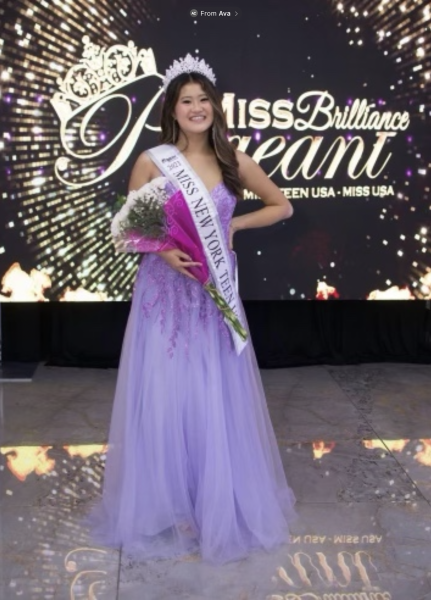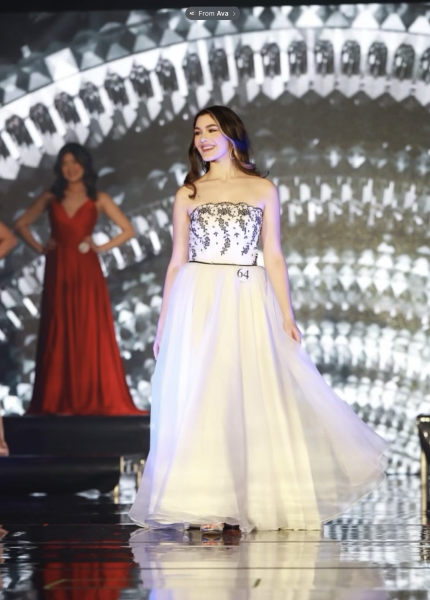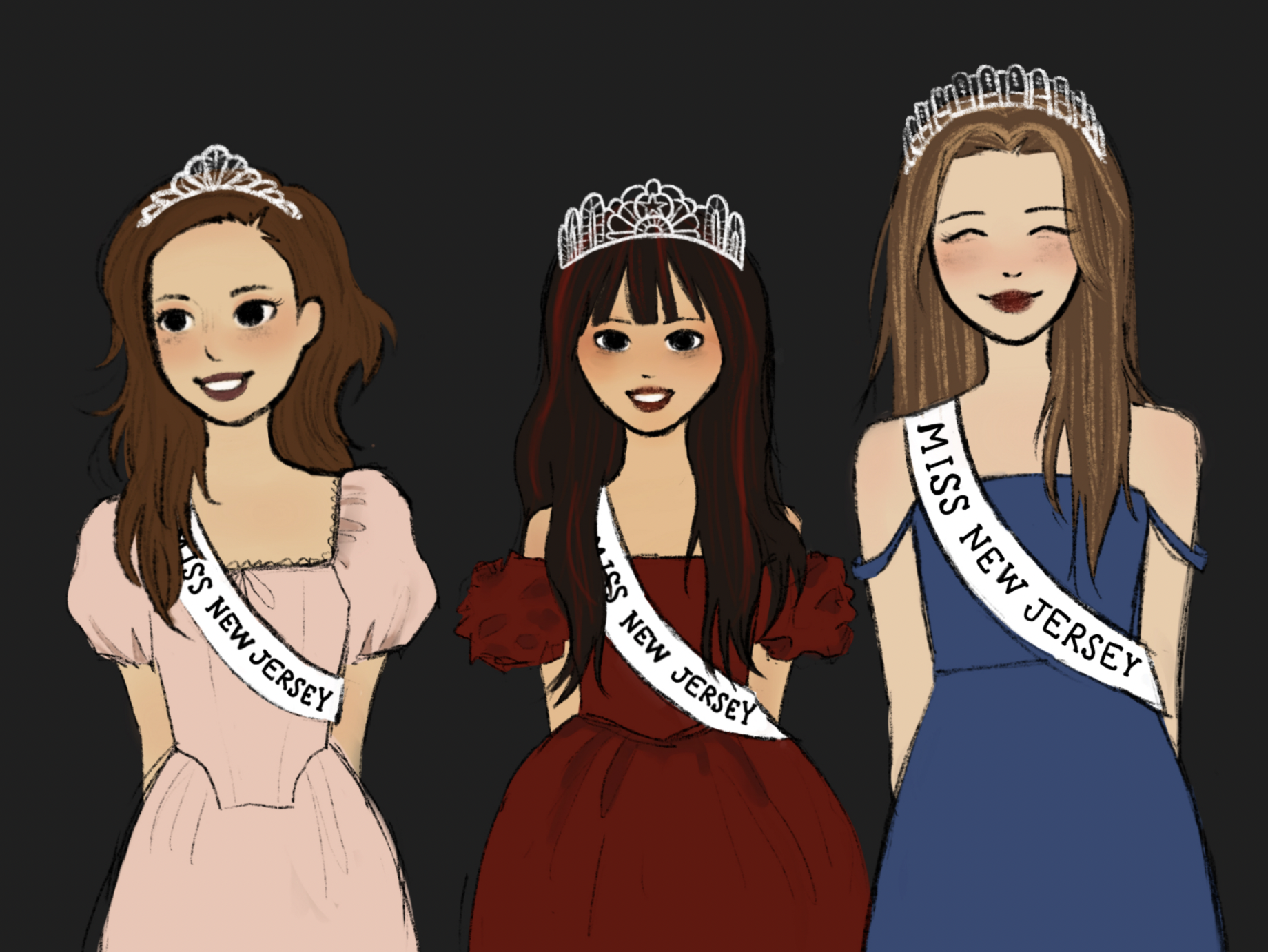Oftentimes, society’s perception of beauty mirrors its own values. Thus, given America’s exclusion- ary history, those with marginalized stories, experiences and backgrounds were pushed out of the typical beauty mold, and consequently largely unaccepted in the quintessential competitions surrounding beauty: beauty pageants. But now, over 100 years later, with the help of many young women, including Grace Such (‘24) and Aline Tang (‘25), the road to the crown is rebuilding itself to involve more than the stereotypical beauty queen, learning
to appreciate the beauty it once ignored.
For Such and Tang,only a few years ago, they both received Instagram ads. Not ones for makeup products or new gadgets, but rather prompts for Such and Tang to try something they’d never done before: a beauty pageant.
With a pageant, comes a platform. Specifically, one that encompasses each girl’s goals, goals that were once not heralded in the beauty industry.
For Tang, this meant creating her platform around diversity. Being an Asian-American woman is
a large part of her life and sharing it with other people was incredibly important to her. When she
started pageants her freshman year and had to brainstorm platform ideas, she immediately thought of diversity. Specifically, how to bring light to it and how to help oth- ers feel comfortable in their own skin — two ideas that most people don’t associate with pageants. But that didn’t stop Tang.
“It’s so rare to see someone Asian do pageants and be so supported. Because of that, if I didn’t talk about diversity, it’s almost like ‘what am I doing?,’” said Tang.
While Tang has always valued embracing her culture, pageants have grown to be her main outlet for sharing that passion with other people. Last year she and her friend Melinda Wu
created a podcast to share their personal, vulnerable and relatable experiences as young Asian-American women.
“I always thought about creating something like [a podcast] for a while, but I was afraid of what people may think.” said Tang, “Pageants gave me a reason to make it and I’m so glad I did.”

Such’s platform brings notice to period poverty. For years, menstruation has been a quietly discussed topic, making women feel stigmatized and judged for talking about their own
bodies. Such raises awareness on the importance of education around periods as well as the growing need to provide hygiene and men- strua- tion products for other women.
Such, having only competed semi recently, has seen new implements of inclusion and diversity throughout both programs she’s been in.

“All of the girls that I have met have been different in some way, shape or form,” said Such.
Representation of new ideas and identities is key in highlighting diversity. In many ways, for competitors like Tang and Such, this representation is more important than the winning of a title. What matters is that they can proudly represent themselves — who they are and what they believe in.
“It’s so good to see other Asian-American women in pageants. I love it,” said Tang, “I want people to think that when they see me.”
After all, that’s the beauty behind each and every pageant, not a dated stereotype of the perfect woman, but all of the smart, talented, passionate, kind and determined women, like Tang and Such, who continue to do what they love in their unique, individual ways. That, indeed, is quite beautiful.


